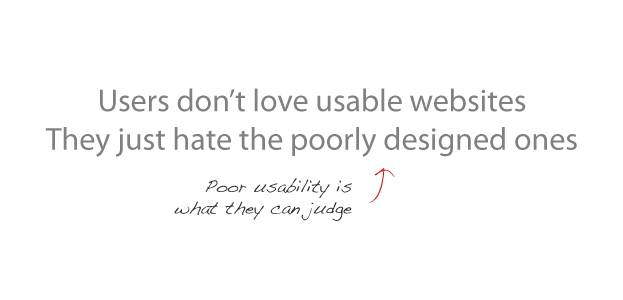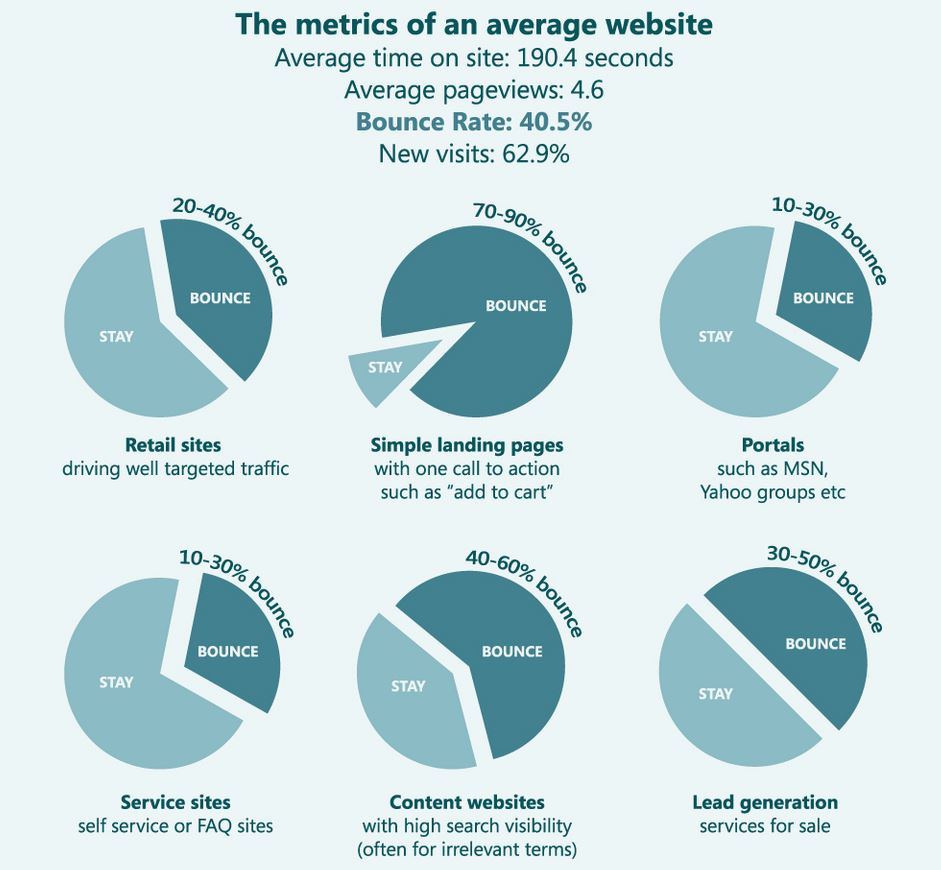14 reasons to update your website – Part 2
4 min read
…continuing on from our previous post.
8. SEO & Website Update
Just like a website your digital marketing and SEO could need a refresh. If you don’t update your website it’s sure to fall in the search engine rankings. Search engines regard websites with the most recent content as the most relevant to web users. Your content might be gold but if it’s the same content as it was 5 years ago then search engine crawlers might not think it is as relevant anymore.
The redesign also gives you a chance to rethink your keyword targeting and the overall conversion rate of your website. The way people search and how they search has changed dramatically over the last few years, even truer with the explosion of smartphone devices now in use.
Usability

9. Provide easy navigation.
When we talk about user experience (UX), we are referring to the totality of visitors’ experience with your site—more than just how it looks. UX includes how easy your site is to use, how fast it is, how easy it is to find information, and how little friction there is when visitors try to complete whatever action it is they’re trying to complete. Your website navigation should focus on nudging the right visitor toward the must-have experience.
10. Is your bounce rate favourable?
The definition of bounce rate is the percentage of people who arrive on your site and leave without visiting a second page. A high bounce rate is an obvious sign of an outdated or poorly performing site. Website users usually leave a site hurriedly without visiting other pages simply because they don’t find what they are looking for instantly or do not like the look of it!
Are your visitors just leaving as soon as they land on your site? How does your website compare to estimated industry standards? (Stats from Kissmetric)

You can monitor the bounce rate on your website through Google Analytics. Either as a website whole or on a page by page basis. Look at the bounce rate in the following areas:
Location – If your company is a local business serving customers in the UK, you should expect a high bounce rate from outside of the UK. If you are a local business, definitely segment your traffic to understand how traffic is performing within your local area and avoid it being skewed by irrelevant visits.
Device – A desktop user, tablet user, and a mobile user often have different intents. For example, we expect more people to bounce on a mobile device than a desktop/tablet user because mobile users are often looking for specific info like an answer to a question versus casually browsing or shopping.
New vs Returning – A returning visitor has a different intent than a new visitor. It’s common for new visitors to have a higher bounce rate than returning visitors since they are less familiar with your brand or your website. You should segment your traffic to optimise individually for new visitors and returning visitors.
Medium – People coming to your site through different mediums such as website referral, email, social, direct, organic, paid, display, offline, press releases, etc will often have different expectations and may well have substantially different bounce rates.
If an alarming amount of users bounce you may need to rethink your website, SEO, or digital marketing strategy.
11. Website Speed
Your website’s loading time is a major factor in people either staying or leaving the site and never returning. Kissmetrics published a great infographic on the subject. We recommend you use a tool like YSlow, Google Page Speed Insights or Pingdom and find out how long your site takes to load. If your score is not up to par, then you need to rethink those elements of your website slowing it down. Images and the size of images can often be a factor. Find out more from our blog on the importance of image optimisation online
Time
12. Easier to update the website
You should be able to update your website yourself. An up-to-date website based on a content management system such as WordPress makes it easy to administer, avoids any messy code, you simply write in what you want in an organized fashion (WYSIWYG editor). That way, you can personally add to or switch your content based on your specific goals, while constantly optimizing your website. The Web design industry is constantly working to improve itself. This includes keeping layout designs fresh, updating blogs, refreshing imagery, and pushing out timely promotions and advertisements.
13. You’ll reduce your risk of getting hacked.
Stories of websites and social media feeds getting hacked are becoming more and more frequent. Security flaws can rear their ugly heads on any website, new or old, but the likelihood of security flaws affecting an older website is much greater as it relies on older less secure coding and technology.
14. Website Integration
For the vast majority of businesses, integrated websites are essential for delivering the requisite service levels. We’ve outlined our benefits for website integration here. Your customers will expect access to a blog, contact form, support form and if applicable, shopping functionality, all on one easy to use website. They will require a single login and rapid access to accurate and timely information at all times. Integrating your site with your back-office order fulfilment, tracking, billing and CRM systems such as HubSpot, MS Dynamics, Zoho or Salesforce reduce the likelihood of mistakes and confusion. Many small businesses start out using a collection of open-source tools for different activities, only to be forced to use a complex, error-prone, and time-consuming strategy involving manually copying information from one system to another.
A website refresh is a perfect time to find ways to save admin time and improve customer service.
Conclusion
In summary, the above information highlights the most important and most common signs to look out for when you want to know if your site is becoming “old hat”. Although there may be other signals that you need a website update, there should be enough here to guide you on the right path.
“Websites promote your organisation 24/7: No employee will do that.” Paul Cookson

